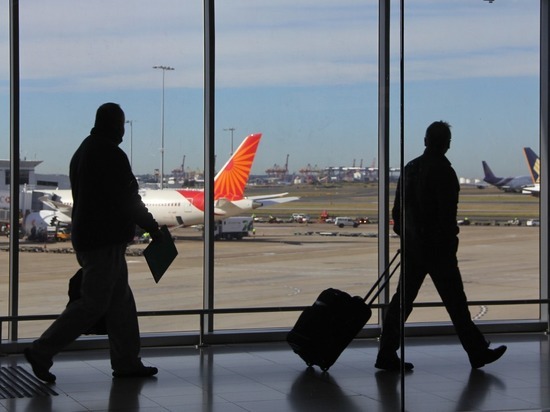
According to the rules introduced in most federal states, returning from areas at risk of coronavirus are required to spend 10 days in self-isolation. The quarantine can be reduced by passing a coronavirus test on the fifth day after entering the country. However, GroKo is planning to change this setting.
The federal government plans to change the rules for entering the country from areas of risk of coronavirus. Travelers arriving from risk areas outside the Schengen area will have to do a corona virus test before traveling to Germany and present a negative result, the Bild newspaper reports, citing a draft new Federal Ministry of Health regulation on the fight against coronavirus. Proof of immunity or a certificate of past vaccination against coronavirus also counts.
Anyone who cannot provide a negative test, immunity or vaccination certificate will not be allowed to enter Germany and will not be allowed to board the aircraft. When entering from risk areas within the Schengen area, the test result, vaccination or proof of immunity must be submitted to the regional department of the Ministry of Health no later than 72 hours after entering the country. After the introduction of these rules, the previous regulations will be canceled. However, it is not yet known when this decree will come into force. The draft decree says that it will come into force during January.
Since November 8, most federal states have introduced a decree according to which those entering from areas of high risk of coronavirus must be quarantined for ten days. However, after five days, you can take a coronavirus test in order to get out of quarantine early if the test result is negative.
Germany says this:
Christmas in Germany: no mixing of friends with family
Germany: Is it possible to visit relatives on Christmas
Is it possible to travel in Germany, despite the strict quarantine from December 16
How many people in Germany can meet on Christmas and New Year’s Eve